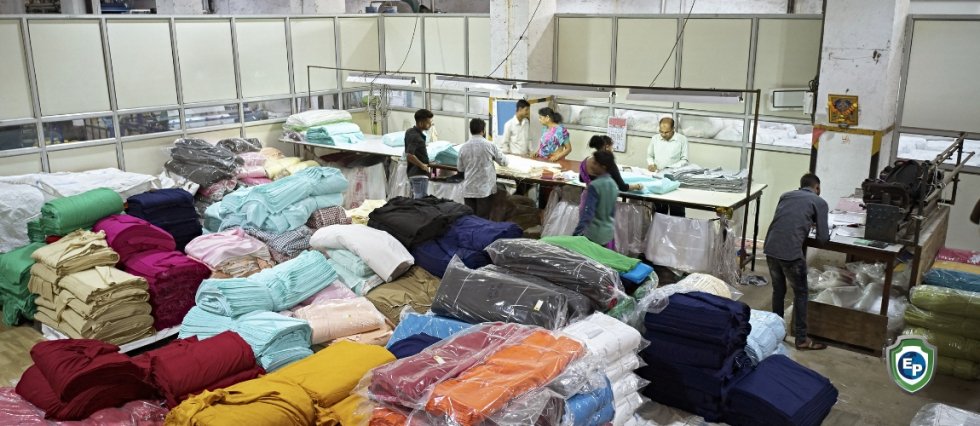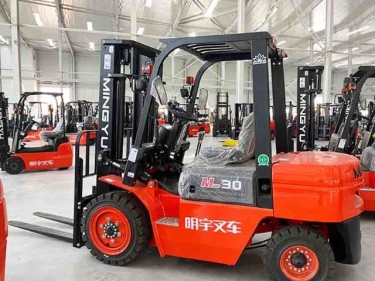The Five Dangers of Exporting Manufactured Goods Abroad
Exporting manufactured goods abroad is never an easy task for SMEs, due to barriers such as complex customs procedures, currency risks, and more. Here are five risks exporters frequently encounter.

Thanks to the rapid expansion of transportation and technology, trade has become even more profitable for many countries. However, this doesn’t mean that exporting commodities has no risk at all. SMEs need to recognize many risks before attempting to seize the trade potential in foreign clients and customers.
In this blog post, we will discuss five major risks that exporters may encounter when they export their goods abroad.
1. Currency Risk
Currency risk is the most significant problem when exporting goods abroad. With a volatile exchange rate, it's hard to know how much money will be coming back from an order in terms of US dollars. This can lead to major problems for exporters as they are often unable to predict their profit margins before shipping out their products.
2. Shipping Delays and Port Risks
There is always the chance that an order will be late or arrive in poor condition due to transportation issues. Many shipping companies sometimes cut corners regarding safety standards as they can't afford high insurance costs with tight margins.
However, this can lead to significant losses due to damaged products, and the customer may not even want them if they are in such a poor condition. The best way to avoid this issue is to work with a freight forwarding company that provides full customs clearance services for all of your items.

3. Language Barriers
While there has been progress in this area as more countries teach their native languages in schools, there is always the risk of misunderstandings. This is why exporters must ensure that they are working with someone who is fluent in both languages to avoid any miscommunication.
4. Unclear Customs Regulations on Export Duties or Tariffs
In an increasingly globalized world, it is crucial for companies to understand all the implications of exporting their products. A company must know what regulations they will need to abide by to ship their goods, as well as how these regulations may differ depending on where the product is being exported.
Not being aware of the customs regulations regarding export duties or tariffs can be extremely costly for a business.
5. Different Standards in Manufacturing and Quality Control
Manufacturing and quality control are notoriously difficult to master. Because of the high stakes involved in the manufacturing process, it can be difficult for any company to manufacture a product that meets all of the requirements of international markets. This is especially true for exporters because they may not be able to oversee every step of the production or ensure that the finished product meets their standards.
The five risks and tips we've discussed in this blog post should help you get your head around the major pitfalls that exporters may encounter when exporting their goods abroad. Whether you are an experienced or novice exporter, there is no doubt that these problems can be tough to navigate on your own.
Learn More With Export Portal
Found this article helpful? Check out the rest of Export Portal’s Blog Page for more useful information!


















Comments 2